By Patty Johnson-Vazquez|2015-04-17T14:31:00+00:00April 17, 2015|
The immigration process unites families with loved ones while offering life-changing opportunities to students and professionals. Unfortunately, there are individuals and companies that exploit people’s situations to reap monetary gains.
Look out for these common immigration scam red flags while applying for a visa.
1. Asking for Money

Don’t get caught by immigration scams that ask for money. Image credit: Barb Leung via Flickr
Scammers often request money from people with a variety of statuses from undocumented immigrants to U.S. citizens. While it’s not a definitive sign of an online scam, it’s important to inquire what the funds will be used for to discern the validity of the request.
Scammers may request money for:
- Additional visa government fees
- Plane tickets prior to filing the visa
- To have a specific amount of money in the bank or cash on-hand before applying for the visa
- Extremely high passport fees
- A sudden and frequent life-changing accident for which they need your help covering the cost (one of the most common scenarios)
Be suspicious of all the requests above when encountered in-person and online. If a friend or one of their family members becomes suddenly ill, has an accident, experiences a death in the family, or has a sick child that needs help, take note of those situations as warning signs.
Educate yourself about the filing fees requested by the U.S. consulate. For example, if your companion is traveling to the U.S. for vacation, they will be using a B-2 visa. The standard filing fee for a U.S. B-2 visitor visa is $160, regardless of the country of origin.
2. Fake Passports and Visa Documents
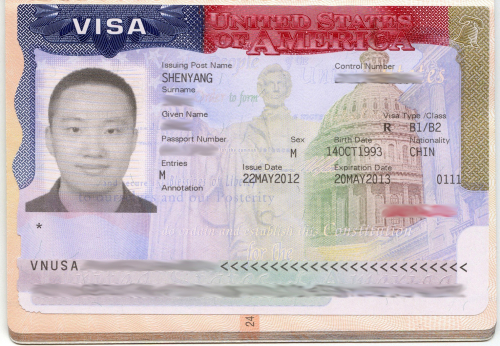
Example of a U.S. visa. Image credit: Shujenchang
Some scammers may claim they already have a visa to the United States. They may be even willing to show you a copy of their passport and visa to validate its legitimacy. It is important to know how to identify authentic visas and passports.
Warning signs of fake visas and passports include:
- Inconsistencies in appearance between passport and visa photos
- The photo is provocative or revealing in nature
- Evidence of digital alteration, enhancement, or Photoshop editing
- Pictures not formatted as a 2×2 headshot. Anything showing below the shoulders may not be a legitimate passport or visa.
To understand the government requirements for passport and visa photos, please read the guidelines published on the U.S. Department of State site.
3. Suspicious Immigration Services Located Overseas
There are fraudulent businesses that scam foreign nationals and U.S. citizens in search of immigration help.
For example, there have been reports of a rash of scams directed at tech workers from India. These fraudulent companies claim to help individuals obtain a H-1B visa to legally work in the U.S., but after stealing their money they never deliver on their promise of a visa.
Red flags of suspicious immigration services include:
- Charging fees for application forms
- A guaranteed approval of a B-2 visitor visa
- Unrealistic expedited processing times
These scammers guarantee approvals for B-2 visitor visas. No one can guarantee the approval of a visitor visa and any claim to the contrary is a big sign of an immigration scam. While United States immigration attorneys cannot guarantee approvals for visitor visas, working with one will significantly increase your chances of approval.
Avoid Immigration Scams
The immigration process is a complicated matter that requires time, patience, and a thorough inspection. Scammers often promise fast outcomes and expedited processing times, which give people with unrealistic expectations. If you think you’re a victim of a scam, you can report it to the Internet Crime Complaint Center.
While the internet created unprecedented possibilities for connecting with people from all over the world, it has also left those seeking companionship abroad vulnerable. The best way to avoid becoming a victim of an immigration scam is to stay educated on the process, take note of the warning signs, and work with a reputable immigration attorney.


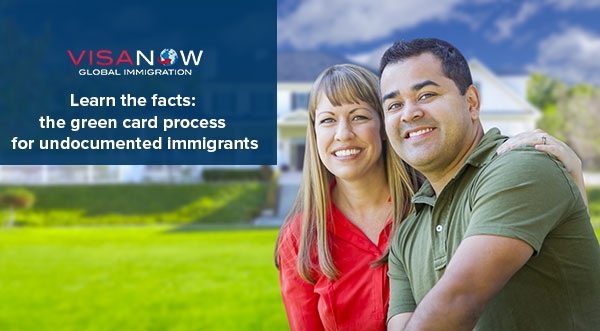
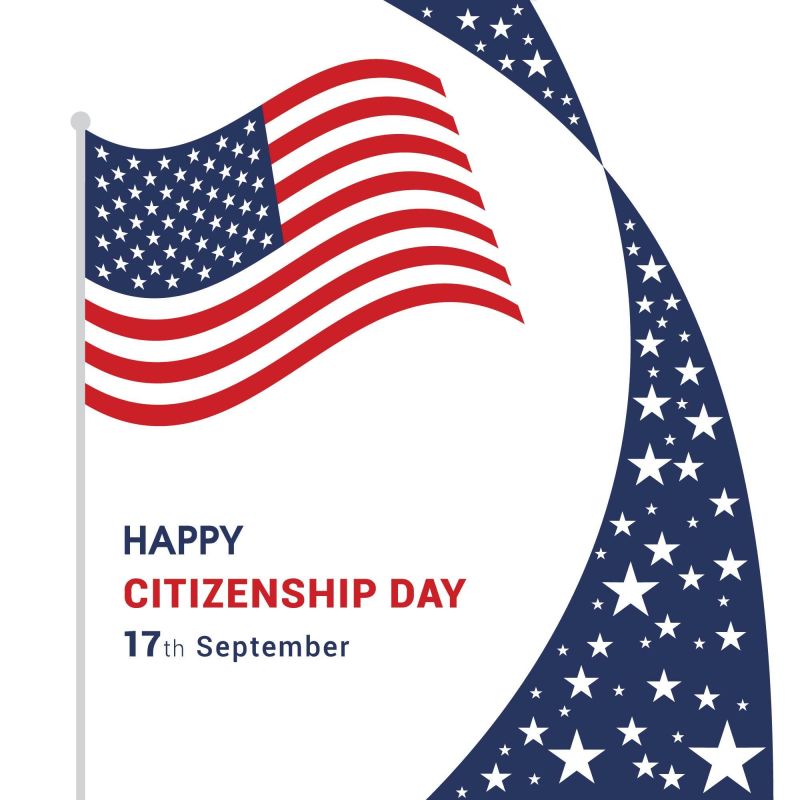
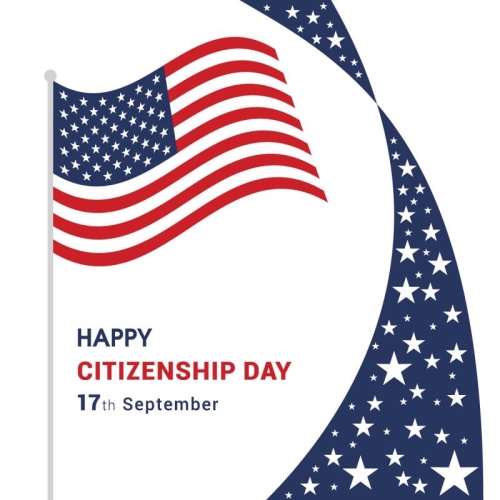





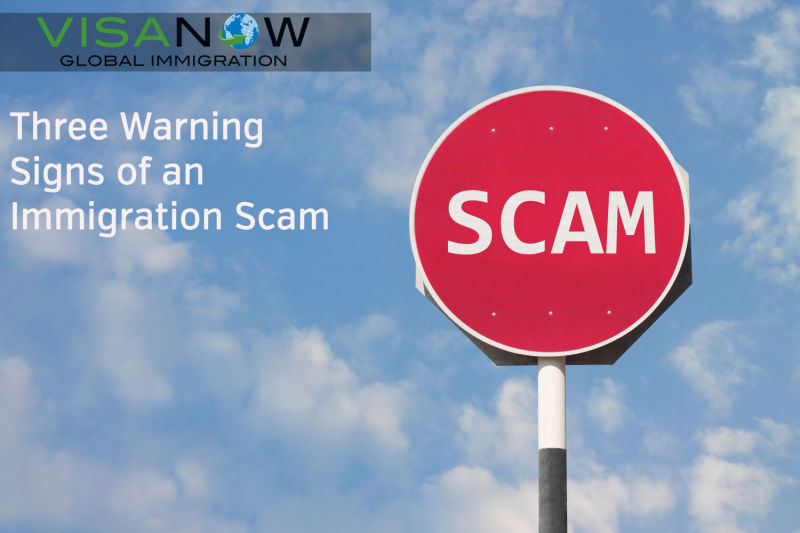


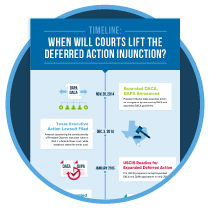

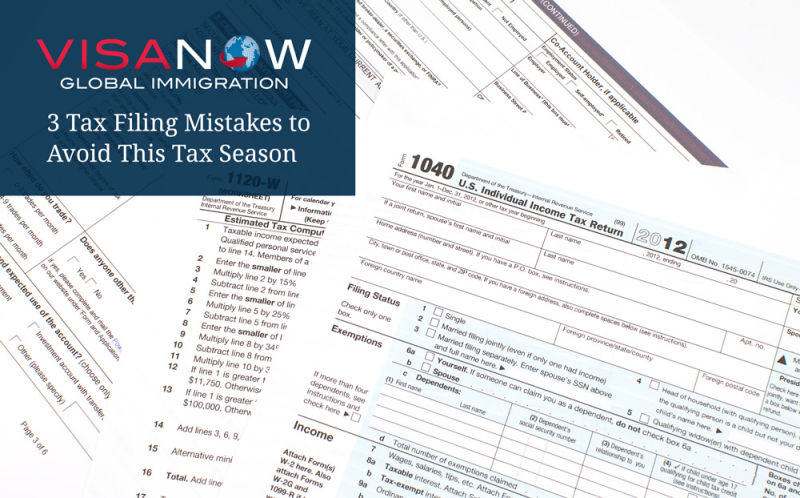
 As it is presented in the Senate’s immigration reform bill, RPI status can only be obtained through what will most likely be a long, complicated application. DREAMers will be at the front of the line, though they will still have many steps to complete when applying. All undocumented immigrants should be aware that when immigration reform passes, millions of people will be applying at once for RPI status. Preparing yourself for immigration reform will ensure that your application process will go much more quickly and easily, and possibly put you ahead of others who did not take the time to plan ahead. Remember the fable of the
As it is presented in the Senate’s immigration reform bill, RPI status can only be obtained through what will most likely be a long, complicated application. DREAMers will be at the front of the line, though they will still have many steps to complete when applying. All undocumented immigrants should be aware that when immigration reform passes, millions of people will be applying at once for RPI status. Preparing yourself for immigration reform will ensure that your application process will go much more quickly and easily, and possibly put you ahead of others who did not take the time to plan ahead. Remember the fable of the 